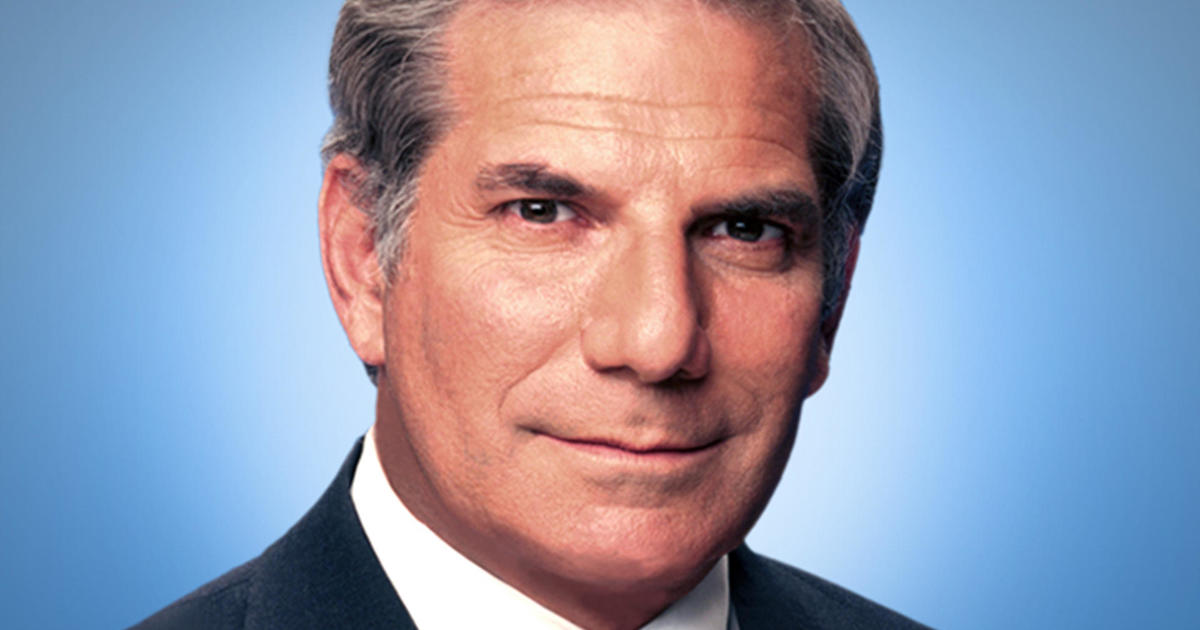Driving-While-High Bill Fails In Colorado
DENVER (AP) - Colorado senators rejected the nation's most liberal driving-while-high standard Monday, saying the proposal would send the state into the realm of hazy science.
The bill's defeat came during an evening in which senators signed off on other pot-related regulations, including new rules for selling medical marijuana and a ban on synthetic pot known as "Spice" or "K2."
It's already illegal in any state to drive while impaired by drugs, but some lawmakers proposed setting an impairment standard that would allow prosecutors to charge drivers with DUI if they had 5 nanograms of THC per milliliter of blood while behind the wheel. THC is the psychoactive ingredient in marijuana.
The bill's sponsors argued the proposal is needed because the spike in medical marijuana use in Colorado poses a danger on the roads.
Sen. Steve King, R-Grand Junction, accused the marijuana industry of not doing more to educate the public about the dangers of the drug now that more people are using it for medical purposes.
"Why have we never seen them step up like the alcohol industry and say, 'Hey, if you're going to smoke THC marijuana, smoke responsibly,"' he said. "Why have we never seen them run an ad that says, 'Friends don't let friends drive high."'
The Senate Judiciary Committee previously amended the bill to make it a study on marijuana impairment, something King objected to, saying it was the "biggest mistake" he'd witnessed from the panel.
"Turning it to a study, after it's been studied and studied and studied," he said, slamming his hand on the podium. "The evidence is there, the science is there. Whether you want to hear it, that is up to you."
In the end, the Senate rejected the bill entirely -- likely killing it for the year. The Legislature adjourns for the year Wednesday.
States that have set a legal limit for marijuana have taken different approaches.
Nevada, which allows marijuana use for medical purposes, and Ohio have a limit of 2 nanograms of THC per milliliter for driving. Pennsylvania has a 5 nanogram limit, but unlike Colorado's proposal, it's a state Health Department guideline, which can be introduced in driving violation cases. Twelve states, including Illinois, Arizona, and Rhode Island, have a zero-tolerance policy for driving with any presence of an illegal substance.
Law enforcement groups wanted the Colorado proposal to succeed, saying it will provide a benchmark similar to the one that exists for how much alcohol someone can have in the blood while driving.
Medical marijuana advocates launched a strong campaign against the bill, lining in up to testify every time it had a public hearing. They argued that medical marijuana users would be subjected to blood draws and said that would be a violation of their privacy. On Monday, they handed out flyers that included the home address and phone number of one of the sponsors of the bill, Sen. Betty Boyd, D-Lakewood. They said if medical marijuana users had no privacy, then "Sen. Boyd gets no privacy."
Though senators rejected the driving-high standard, they adopted two other marijuana-related measures Monday evening.
Senators gave preliminary approval to a separate bill banning synthetic marijuana known as "Spice" or "K2." The drug has already been banned by federal drug authorities, but Colorado and many other states are pursuing companion state bans.
Lawmakers also approved new regulations for selling medical marijuana. The bill extends until the summer of 2012 a moratorium on new dispensaries, tweaks residency rules for people working in dispensaries and allows local law enforcement to seize plants they suspect to be illegal without having to keep those plants alive until the case is settled.
The bill also requires at-home caregivers, or people growing pot for up to five patients, to register with the state. The Senate exempted caregivers from public-records laws after caregivers complained they could be at a safety risk if the public could find out they are growing marijuana in the basement.
Both the "Spice" ban and the updated marijuana regulations face more-formal votes before heading to the House.
- By Ivan Moreno and Kristen Wyatt, AP Writers
(Copyright 2011 by The Associated Press. All Rights Reserved.)



